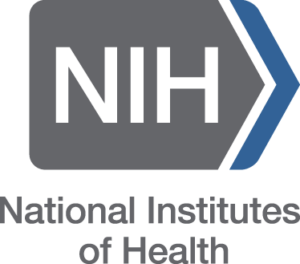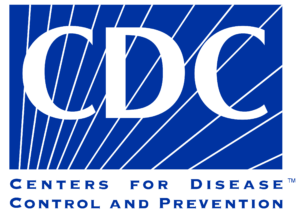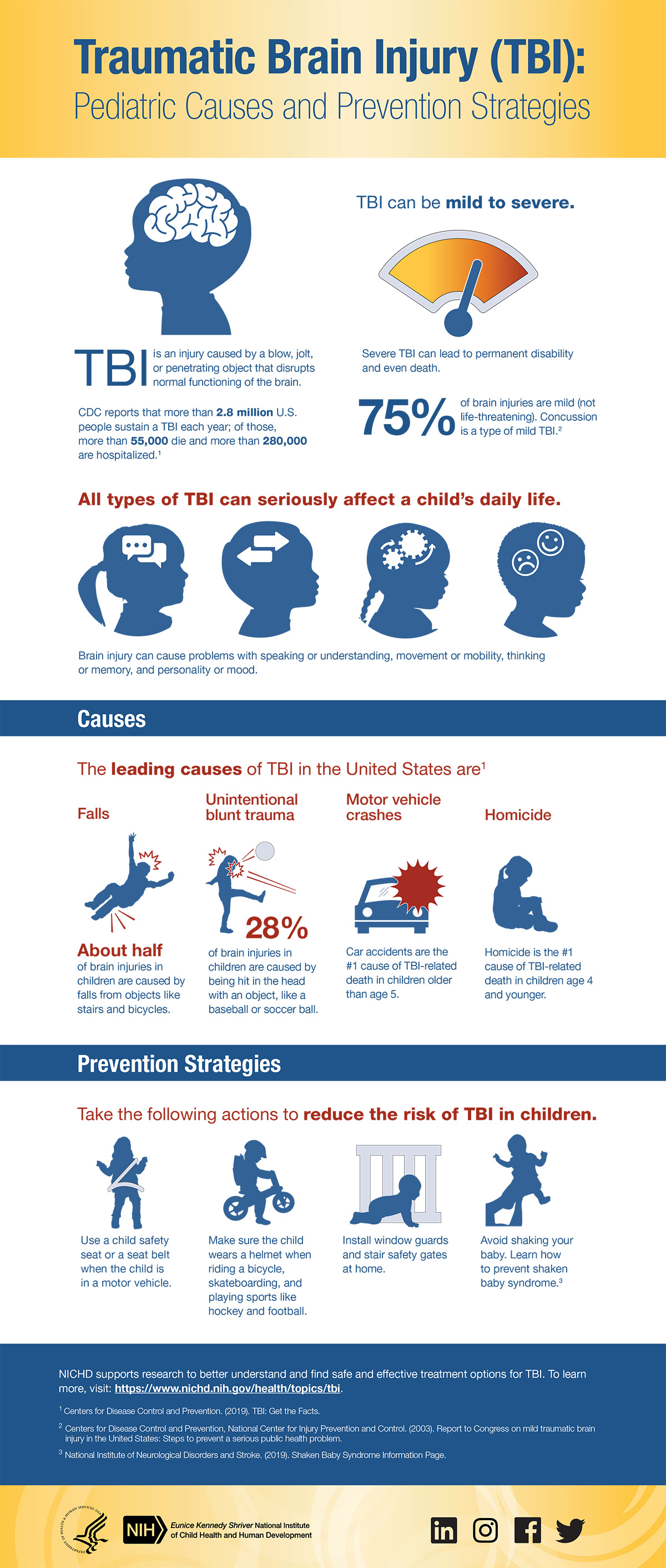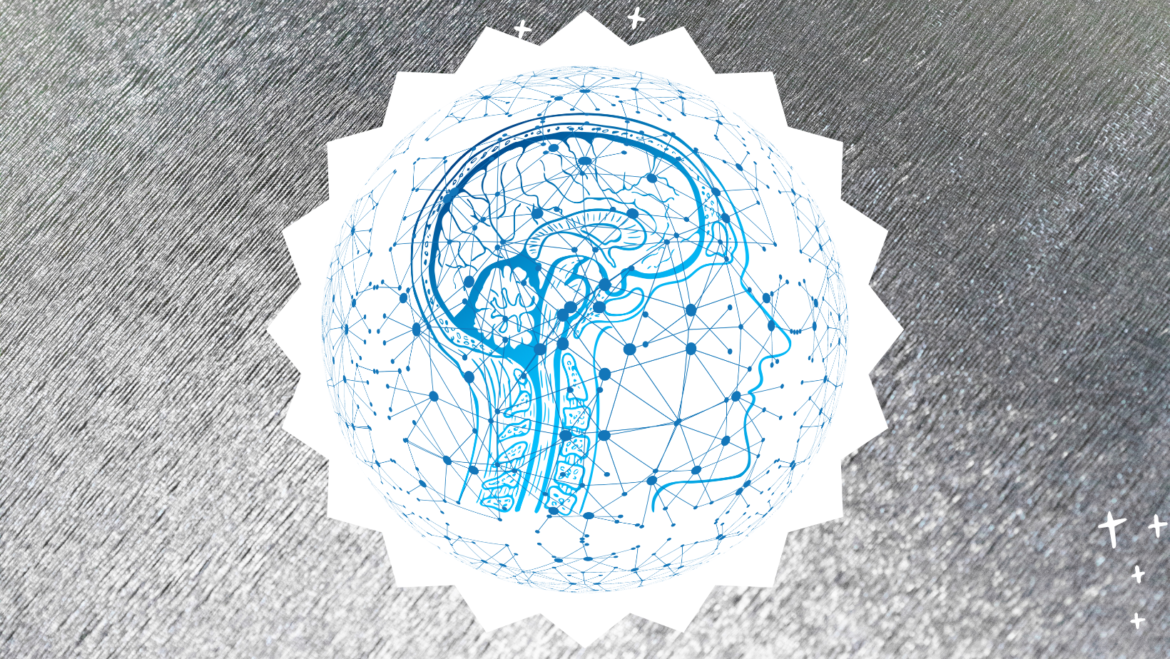Traumatic Brain Injury
March is Brain Injury Awareness Month, and traumatic brain injury, also known as TBI, can affect how the brain functions and is a cause of death and even disability. Approximately 1.7 million people sustain a TBI each year. According to the CDC, there were more than 223,000 TBI-related hospitalizations in 2019, and 176 deaths in 2020.
TBI is a brain injury due to a type of trauma. An example of a trauma would be a bump or blow to the head from or an object. This type of brain injury can impact the way a person thinks, understands, communicates, and behaves. It can even affect mobility. For some people, a TBI can cause immediate damage, and for others the effects can occur over hours or even days.
Primary TBIs are ones where the damage is immediate. Secondary TBIs can occur and symptoms appear gradually over the course of hours, days, or even weeks later according to the CDC.
Symptoms
It is important to seek immediate medical attention if you, or someone you care for, experiences any of the symptoms, especially within 24 hours of a head injury. Symptoms can appear in several different forms: physical, cognitive, or sensory. Here is a brief list of some of the symptoms to be aware of, for a more comprehensive list, visit the NIH’s website.
- Headache
- Convulsions or seizures
- Blurred or double vision
- Unequal eye pupil size or dilation
- Clear fluids draining from the nose or ears
- Nausea and vomiting
- New neurologic deficit, such as slurred speech; weakness of arms, legs, or face; loss of balance
- Cognitive/behavioral
- Loss of or change in consciousness anywhere from a few seconds to a few hours
- Decreased level of consciousness (e.g., hard to awaken)
- Mild to profound confusion or disorientation
- Changes in sleep patterns (e.g., sleeping more, difficulty falling or staying asleep); inability to waken from sleep
- Frustration, irritability
- Perception/sensation
- Hearing problems, such as ringing in the ears
- Sensitivity to light or sound
- Mood changes or swings, agitation, combativeness, or other unusual behavior
- And other symptoms …
Resources
For individuals suffering from a TBI, there is help available.
National Institutes of Health
 NIH offers a YouTube Channel, NICHDVideos that features a video that explains TBI in kids and what it means. For individuals suffering from a TBI, there is help available. The NIH offers a wealth of resources, and answers the question: What is a TBI?
NIH offers a YouTube Channel, NICHDVideos that features a video that explains TBI in kids and what it means. For individuals suffering from a TBI, there is help available. The NIH offers a wealth of resources, and answers the question: What is a TBI?
Brain Injury Association of America
 The Brain Injury Association of America’s mission is: “To advance awareness, research, treatment, and education and to improve the quality of life for all people affected by brain injury.” Its website offers valuable information on TBI, but also provides support groups and other resources to help individuals and families affected by TBI.
The Brain Injury Association of America’s mission is: “To advance awareness, research, treatment, and education and to improve the quality of life for all people affected by brain injury.” Its website offers valuable information on TBI, but also provides support groups and other resources to help individuals and families affected by TBI.
CDC

The CDC offers a great deal of information on its website about TBI. One such resource is called Get the Facts Out About TBI. This information can be printed directly from the CDC website. It also discusses the three main types of TBI.
For more information providers in the area the Mental Health Association has created a Provider Listing as a resource for individuals living in the Fauquier and Rappahannock counties.
TBI: Pediatric Causes and Prevention Strategies
This infographic is from NIH and helps explain pediatric TBI causes and more.


